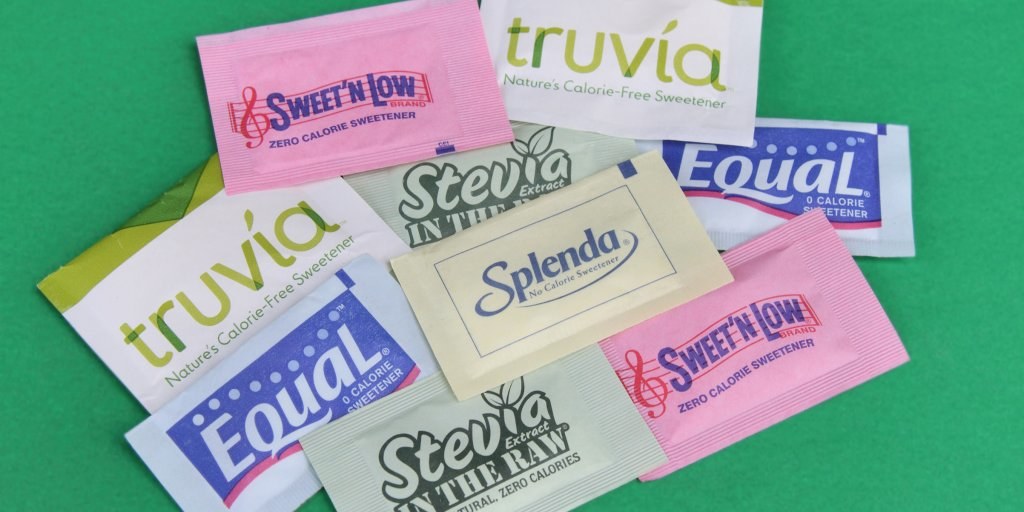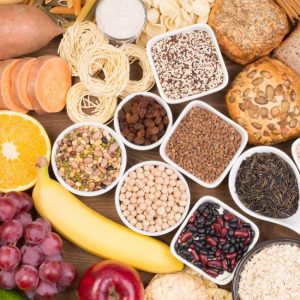Artificial sweeteners and other sugar substitutes
In case you’re attempting to reduce the sugar and calories in your diet, you might be going to artificial sweeteners or other sugar substitutes. You aren’t the only one.
Artificial sweeteners and other sugar substitutes are found in an assortment of food and refreshments promoted as “without sugar” or “diet,” including sodas and prepared merchandise. Exactly what are for the most part these sweeteners? What’s more, what’s their job in your eating regimen?
The writer has a problem that these manufactured sweeteners affect the body’s ability to regulate its Insulin levels and can be a trigger to Type 2 diabetes. Despite the lack of calories in them, artificial sweeteners make our body believe that it has had a sharp rise in blood sugar levels and release insulin to reduce it. This – without actual calories – can cause reduced blood sugar levels to starvation / hyperglycemic levels and store required blood sugar as with its fat stores. So negatives can be a risk of disruption to the body’s ability to regulate its blood sugar. A prime example is giving artificial sweeteners and causing lethargic behaviour in people who are pancriatic, and hyperactivity in people who react to the chemicals by releasing adrenalin and can give symptoms of ADHD.
Understanding artificial sweeteners and other sugar substitutes
- Sugar substitutes are sweeteners that you use rather than standard table sugar (sucrose). Artificial sweeteners are only one kind of sugar substitute.
- The subject of sugar substitutes can be befuddling. One issue is the phrasing is regularly not entirely clear.
Artificial sweeteners.
Artificial sweeteners are engineered sugar substitutes. In any case, they might be derived from normally occurring substances, for example, herbs or sugar itself. Artificial sweeteners are otherwise called serious sweeteners since they are marketed as a better alternative than sugar.
Artificial sweeteners can be an appealing choice to sugar since they add for all intents and purposes no calories to your eating regimen. Additionally, you need just a small amount of artificial sugar contrasted, and the measure of sugar you would ordinarily use for pleasantness.
Utilization for artificial sweeteners.
- Artificial sweeteners are generally used in prepared foods, including:
- Soda pops, powdered drinks and blends, and different refreshments
- Heated products
- Sweets
- Puddings
- Canned foods.
- Preserves and Jams
- Dairy items
Artificial sweeteners are likewise famous for home use. Some can even be used in cooking.
Conceivable health advantages of artificial sweeteners.
Artificial sweeteners don’t add to tooth rot and cavities. Artificial sweeteners may likewise help with:
- Weight control. Artificial sweeteners have for all intents and purposes no calories. Conversely, a teaspoon of sugar has around 16 calories — so a jar of improved cola with 10 teaspoons of included sugar has around 160 calories. In case you’re attempting to get more fit or forestall weight gain, items improved with artificial sweeteners might be an alluring alternative, despite the fact that their viability for long haul weight reduction isn’t clear.
- Diabetes. Artificial sweeteners aren’t sugars. So not at all like sugar, artificial sweeteners by and large don’t raise glucose levels. Ask your PCP or dietitian before utilizing any sugar substitutes on the off chance that you have diabetes.
Conceivable well-being worries with artificial sweeteners
Artificial sweeteners have been examined seriously for a considerable length of time.
Artificial sweeteners are directed by the Food, and Standards Agency (FSA) as food added substances. They should be looked into and endorsed by the FSA before being used
- Qualified experts esteem the substance alright for its expected use based on logical information. Stevie arrangements are a case of this sort of GRAS assignment.
- The substances have such a long history of normal use in food that they’re viewed as commonly sheltered.
The FDA has set up a satisfactory day by day, admission (ADI) for each artificial sugar. ADI is the most extreme sum thought about safe to devour every day through an amazing span. ADIs are set at extremely preservationist levels.



